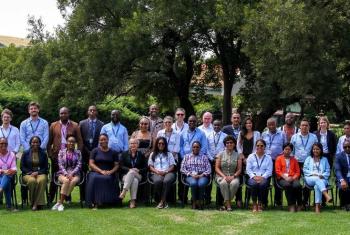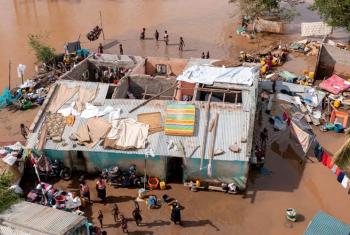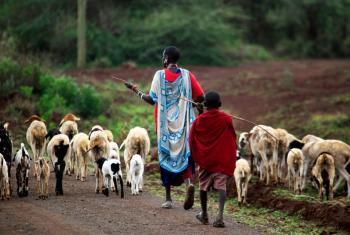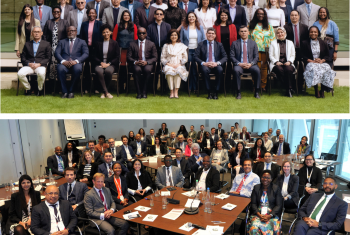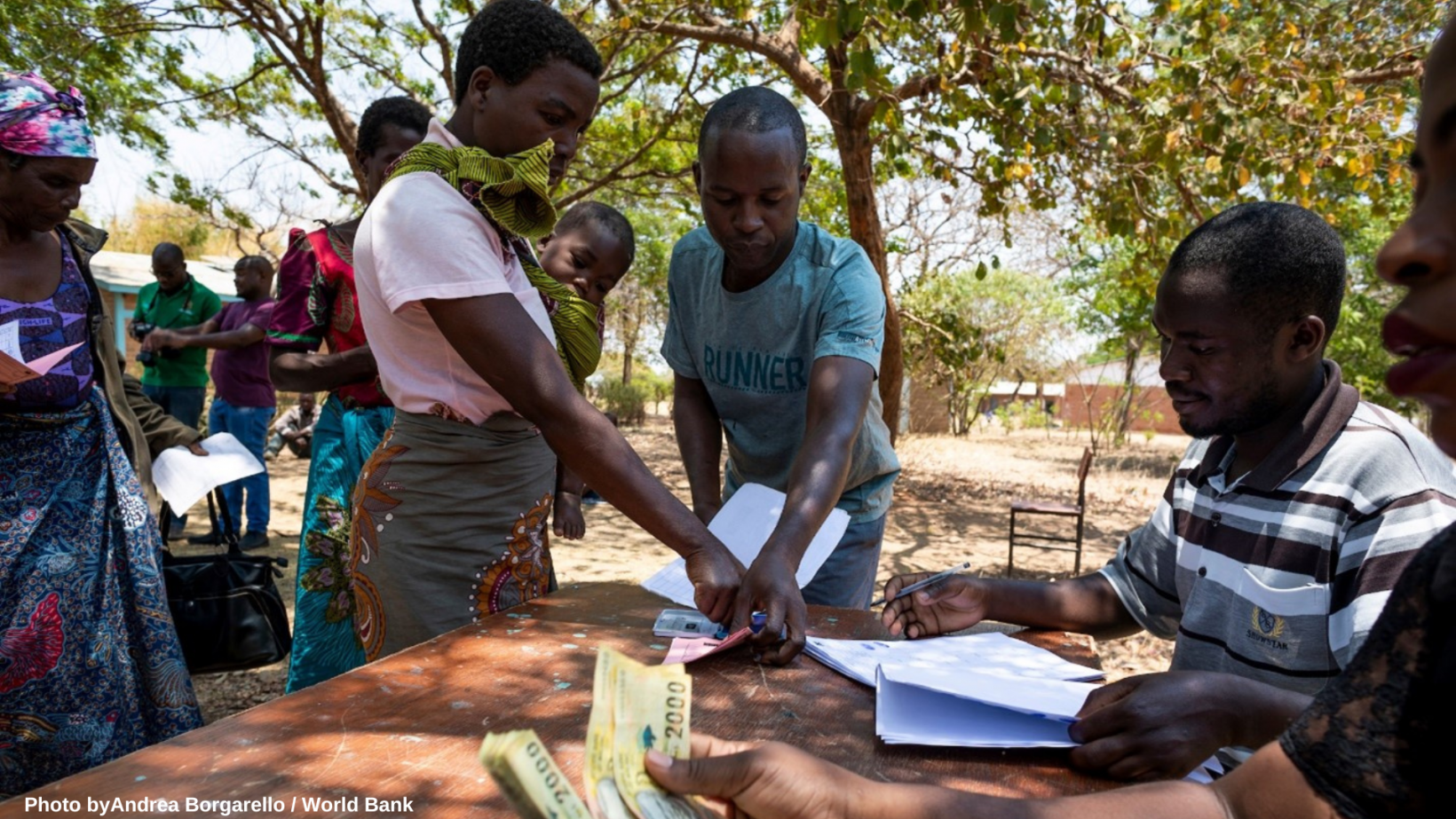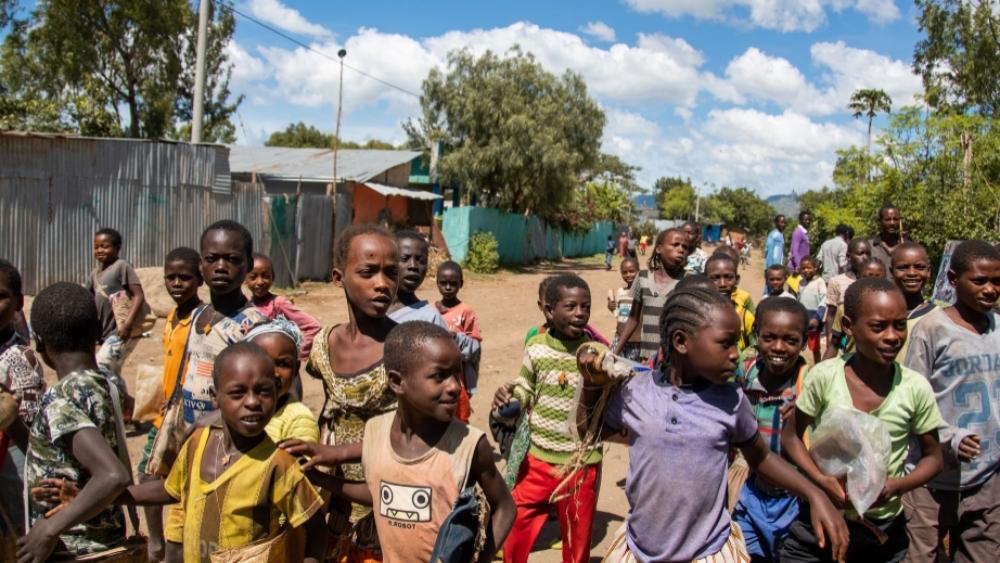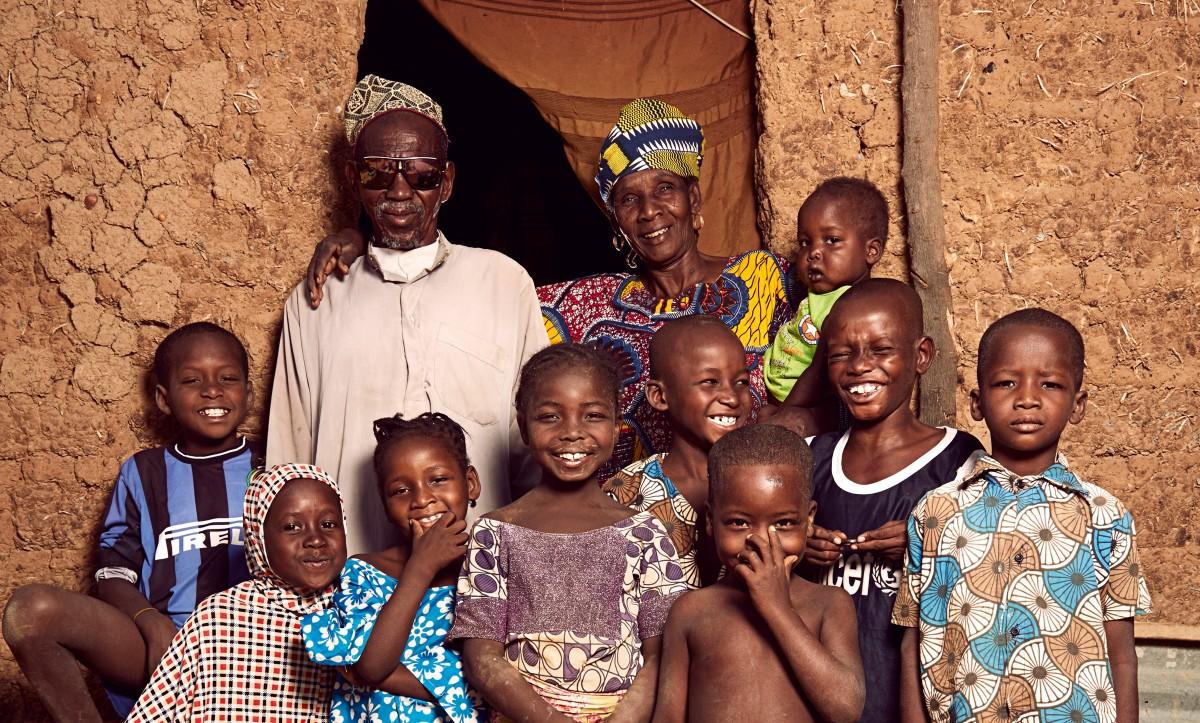Our Blog
Featured Blogs
23 October 2024
18 April 2023
Written by Mulder Mkutumula (Scalable Coordinator, Government of Malawi), Evie Calcutt (Financial Sector Specialist, World Bank), Chipo Msowoya (Senior Social Protection Specialist, World Bank), Alejandra Campero Peredo (Risk Finance Consultant, World Bank) With an economy that relies heavily on rain-fed agriculture, Malawi is increasingly vulnerable to climate shocks . In recent history, Malawi has seen increases in the frequency and severity of droughts, which cause the poorest and most... Keep reading
22 November 2022
The World Bank Group and the United Nations World Food Programme have an ongoing partnership to strengthen our financial resilience programs for the most vulnerable, including for climate and disaster risk finance and digital financial inclusion. Climate and disaster risk finance (CDRF) mechanisms entail putting into place pre-arranged sources of finance for disaster response for governments, households, and businesses, thus enabling timely responses in anticipation of, or soon after, a shock... Keep reading
27 January 2022
African countries are among those most vulnerable to natural disasters and the impacts of climate change. In a sample of 30 African countries, 20 are warming faster than the global average - a trend expected to continue in coming decades. As natural hazards increase in frequency and severity and climate impacts continue to evolve, African countries are likely to experience more—and more dangerous—shocks in the future. Every year Africa is affected by dozens of such disasters that vary in type,... Keep reading
11 September 2020
COVID-19 will hit the poorest the hardest. Estimates show that by the end of the current crisis, the pandemic could push up to a 100 million people into extreme poverty . Poor and vulnerable households are often forced into negative coping strategies that have long‐term, irreversible, and intergenerational effects. This crisis and the unrepenting risk of other seasonal disasters, such as floods and droughts, once again highlight the need to build systems that strengthen resilience within the... Keep reading
18 June 2020
We are in the midst of an unprecedented crisis. To date, more than 435,000 people have tragically lost their lives as a result of COVID-19. The June 2020 edition of the World Bank’s Global Economic Prospects report forecasts a 5.2 percent contraction in global GDP in 2020—the deepest global recession since World War II and the broadest collapse in per capita incomes since 1870, thereby tipping millions back into poverty. Such global statistics barely capture the effects on the lives of people... Keep reading
